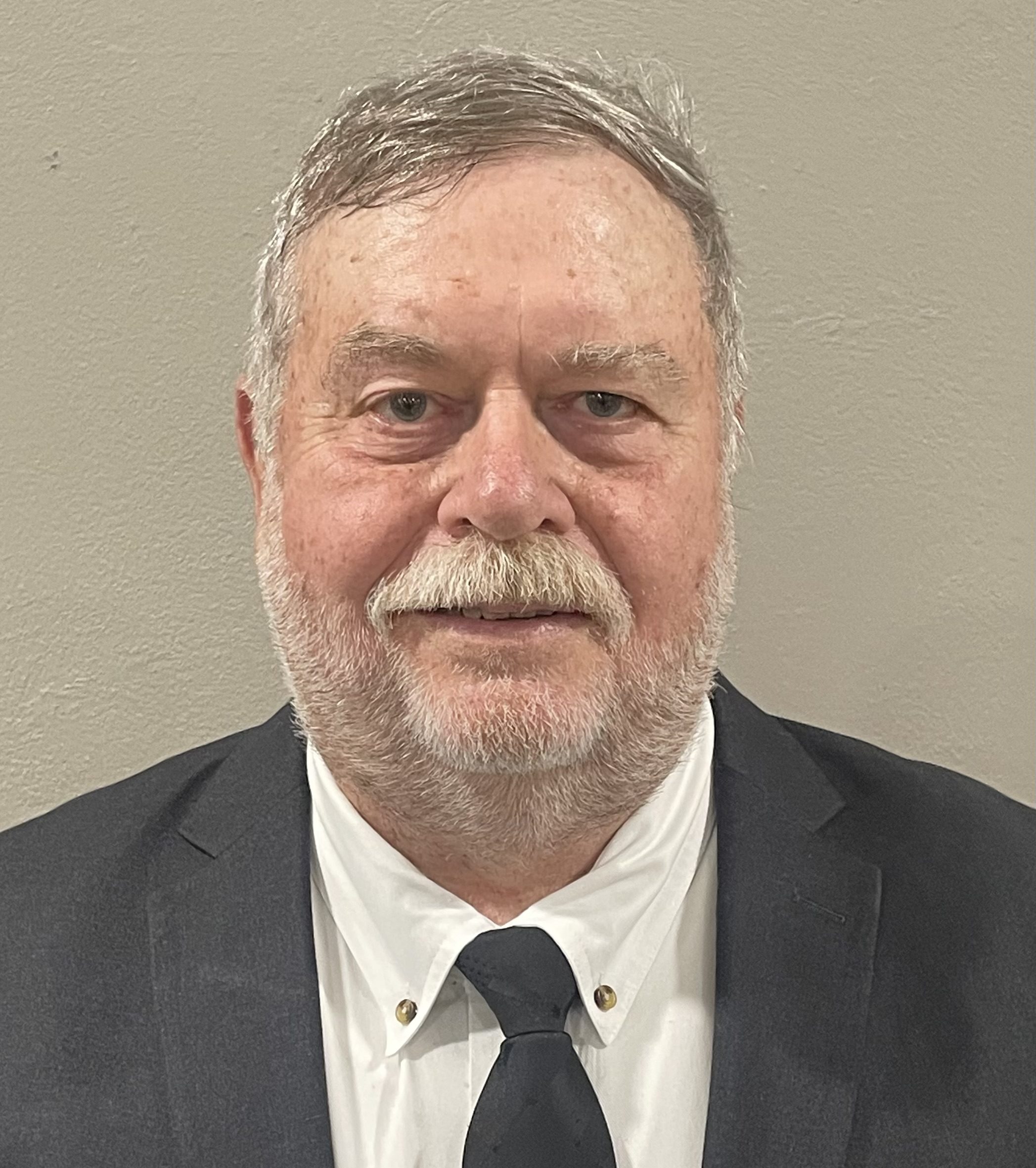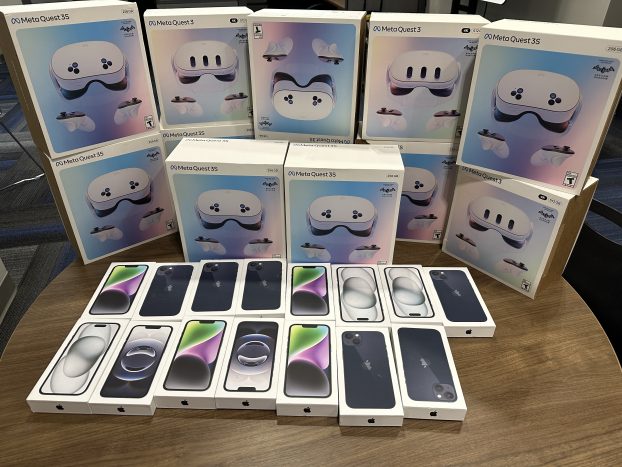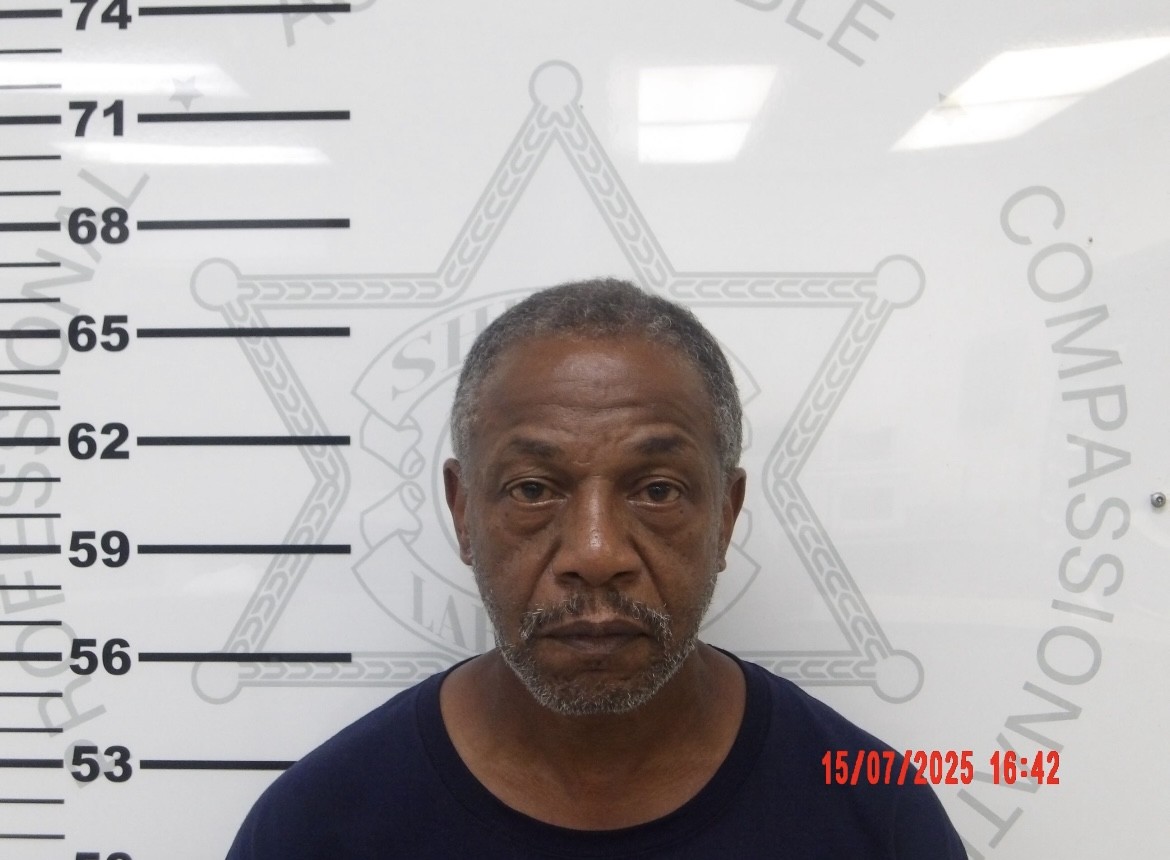What TV channel is the Ryder Cup on?
Published 11:08 am Friday, September 30, 2016
CHASKA, Minn. (AP) — The Ryder Cup 2016 starts today and Welshman Jamie Donaldson had quite the debut in the Ryder Cup two years ago, though his rookie success wasn’t enough to get him invited back.
Not to worry, though, because the Europeans have reloaded. They will send six rookies — exactly half the team — to the first tee over the next three days in their effort to win for the fourth time in a row.
What TV channel is the Ryder Cup 2016 on today?
Trending
Ryder Cup TV SCHEDULE (all times local to Hazeltine)
Friday, Sept. 30: 7:30 a.m. to 6 p.m. on the GOLF Channel
Saturday, Oct. 1: 8 a.m. to 6 p.m. on NBC
Sunday, Oct. 2: 11 a.m. to 5 p.m. on NBC
Among them is England’s Andy Sullivan, who finds himself paired with Rory McIlroy in the second match of the day, in foursomes against Phil Mickelson and Rickie Fowler.
It’s rarified territory for Sullivan, who knows the magnitude of the job ahead.
Trending
“Sometimes I go to bed at night and just need to pinch myself that I’m here,” Sullivan said this week.
Donaldson helped lead the European team to victory two years ago, when he went 3-1 and sealed both his own match and win on the final day with an iron shot to within a foot of the hole at Gleneagles. But he was defying the odds — only nine of the 39 rookies who played singles for Europe since 1995 have won their last match.
While the Europeans feature six newbies this year, the U.S. team has only two. Ryan Moore and Brooks Koepka will make their debuts, though neither was picked to play in the opening foursomes. The eight rookies combined matches the average that have started in Ryder Cups since 1979, when players from continental Europe joined a squad made up previously from Great Britain and Ireland.
Just remember, it’s not always big names that come up the biggest. Almost every great player on either side of the Atlantic since 1927 has played in this event, from Ted Ray to Nick Faldo on the European side, and Walter Hagen to Tiger Woods on this side.
Here are the five best debuts ranked by point production:
U.S.: Larry Nelson, 1979
In a sense, Nelson was a rookie for much of his career. He didn’t even take up golf until age 21, after he returned from serving in the infantry in Vietnam. Obviously, Nelson didn’t scare easily and at The Greenbrier, he barely put a foot down wrong. He played all five matches and won all five, beating none other than Seve Ballesteros — another rookie who would go on to become one of Europe’s best ever — in four of those as the United States won handily 17-11.
U.S.: Gardner Dickinson, 1967
Dickinson won an NCAA title at Louisiana State and seven times on the PGA Tour, but never finished better than sixth in a major championship. Like Nelson, though, his Ryder Cup debut at Champions Golf Club was perfect — 5 for 5 (the same record Arnold Palmer posted that year) as the U.S. team rolled to one of the biggest winning margins in the history of the event.
Europe: Paul Way, 1983
The Englishman was barely a household name in his own household and only turned pro a year before arriving at PGA National. Playing the first day with Ballesteros, they lost the morning foursomes to Tom Kite and Calvin Peete, then beat Curtis Strange and Ray Floyd in four-ball that afternoon. European captain Tony Jacklin gambled by keeping them together for a second day and was rewarded with another win and a half-point. Europe lost 14 1/2-13 1/2, but Way’s haul — 3 1/2 out of possible five points — set a European standard for rookies equaled only once since then.
Europe: Paul Lawrie and Sergio Garcia, 1999
Lawrie had won the British Open two months earlier in his native Scotland. Spaniard Garcia had famously tangled with Tiger Woods in the PGA only a month earlier when they led off at Brookline Country Club. Both helped put Europe in command early, capturing the first two points and accounting for 3 1/2 of the team’s opening-day total of six points. Both finished strong as well, with 3-1-1 records that matched Way’s 3 1/2-point debut. But it wasn’t enough when the U.S. stormed back in singles the final day to recapture the Cup.





